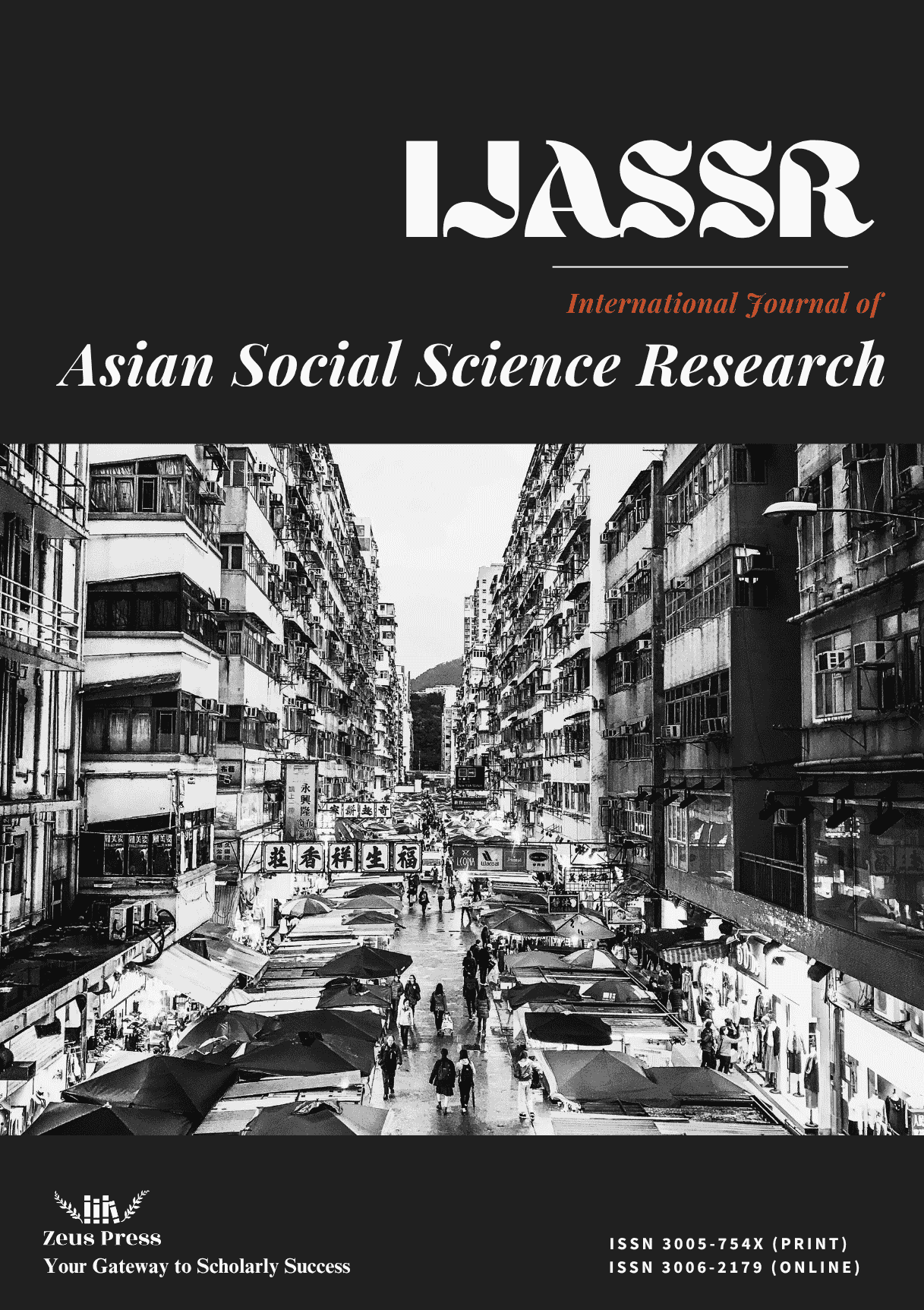Analysis of the Impact of English Teaching in the Compulsory Education Stage on English Learning Emotions of Higher Education Students
Main Article Content
Keywords
English proficiency, emotion regulation, anxiety about English, teacher-student relations, multiple education stages
Abstract
Emotions play a crucial role in second language acquisition, influencing learners’ cognitive engagement, motivation, and ultimate proficiency. Emotional factors such as anxiety, self-efficacy, and joy are increasingly recognized as key factors affecting language learning. According to Horwitz (1986), foreign language anxiety (FLA) could hinder oral expression and comprehension, while positive emotions like curiosity and pride enhance persistence and memory retention. Recent studies focused on the dynamic interaction between emotional states and learning environments, especially in digital or multicultural contexts. Progress being made, there are still gaps in understanding how English teaching systems and teacher performance reshape emotional experience in English learning. Moreover, the long-term impact of emotion regulation on students’ English learning has been under-explored. Investigation in these dimensions is essential to designing pedagogical approaches that foster emotionally supportive classrooms and adaptive e-learning platforms, ultimately optimizing global English education outcomes. This study aims to bridge these gaps, and comprehensively figure out the mechanisms of emotional influence in English learning. To investigate and analyze the long-term impact of English teaching in the compulsory education stage on the emotional aspect of higher education students in English learning, the present study has taken into account the long-term effects of the English teaching system and teacher performance in classrooms during compulsory education, and mechanisms by which they influence future English learning emotions of the students. Through bidirectional information collection involving both teachers and students, in combination with current findings of research on English teaching philosophies and teacher factors affecting students’ emotional responses, this study generally explains how multifaceted factors impact on students’ English learning emotions. Furthermore, this paper has also revealed negative effects of uneven distribution of educational resources, outdated educational philosophies, and insufficient cultivation of learning initiative during compulsory education, among other factors, on the formation of good habits in early English learning, as well as issues stemming from these effects. With respect to the issues, attempts are made to seek solutions, including enhancing the balance of English teaching content, intensifying teacher training, diversifying forms of English teaching, attaching importance to fostering personalized and proactive English learning, and promoting shared aspirations among teachers and students for improvement in the English teaching system during compulsory education. By providing long-term innovative research outcomes from multiple perspectives on English learning emotions, this paper offers valuable insights for future improvement in English teaching practices.
References
- Cui, L. (2024). Investigation into relations between college students’ emotional intelligence, foreign language enjoyment and English performance [Unpublished master's thesis, Inner Mongolia Normal University]. Hohhot.
- Cui, Y., & Meng, Y. (2023). Investigation into relations between the sense of self-efficacy from the psychological perspective, foreign language enjoyment and English proficiency. Foreign Language Studies, (1), 77-82.
- Li, C., & Han, Y. (2022). Predictive effects of foreign language enjoyment, anxiety and boredom on online learning. Modern Foreign Languages, (2), 65-77.
- Miao, W. (2024). Exploration and analysis of the relationship between exam-oriented education in regular secondary schools and the ‘hollowness’ of freshmen in universities. Journal of Fujian Institute of Education, (12), 30.
- Xia, L. (2024). Research on current situation of junior high school teachers’ emotion management from the geographical perspective, challenges and countermeasures: Take H Middle School in Xi’an City for example [Unpublished master's thesis, Shanghai Normal University]. Shanghai.
- Xu, C. (2023). Research on the relationship between In and out-of-class teacher-student relations and teachers’ occupational burnouts: Take English teachers in M Junior High School in Yunnan province for example [Unpublished master's thesis, East China Normal University]. Shanghai.


